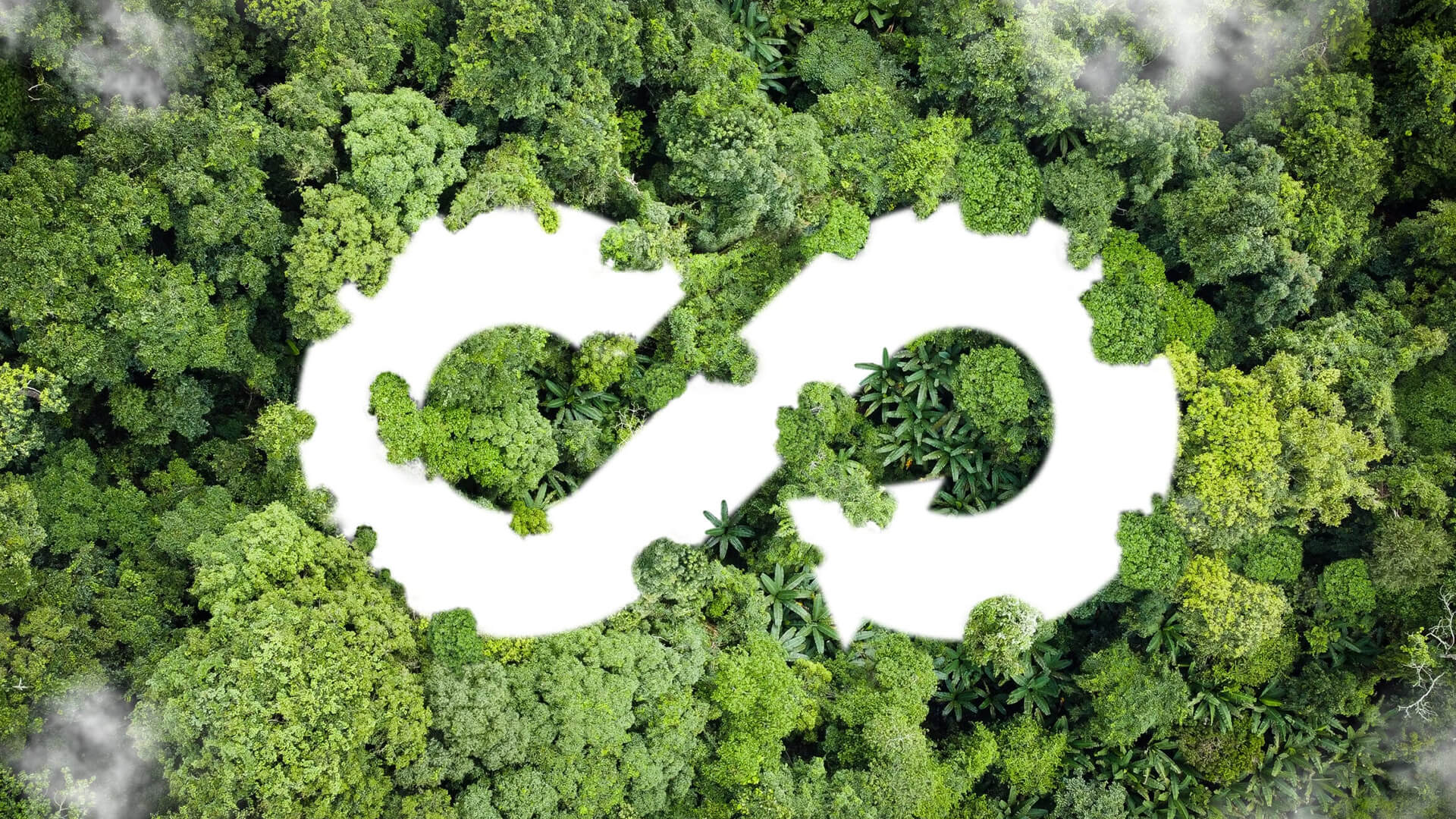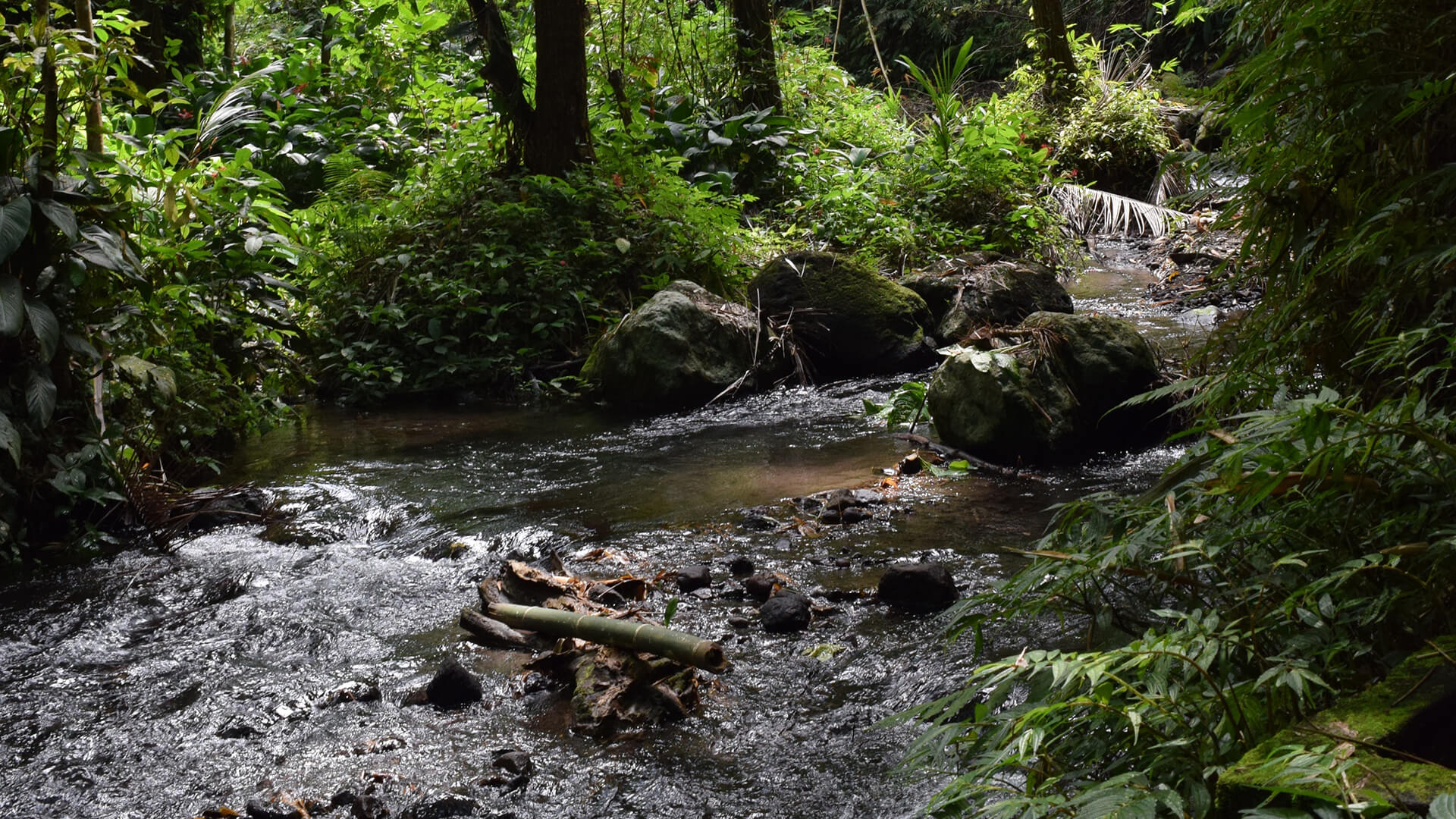Why is artificial intelligence important for a circular economy?
The economic model in which we live and do business has brought us wonderful things and much prosperity. However, it is becoming increasingly clear that this has a downside. Because of all the raw materials that are used, the earth is becoming increasingly depleted and the environment is deteriorating. This requires change from a linear economy to a circular economy, in which all raw materials are reused and emissions are prevented.
New way of doing business
In a circular economy, economic growth is decoupled from the use of increasingly depleted raw materials. This can be done by developing a way of doing business in which waste and emissions no longer exist. Products and materials will be used permanently in a natural circular system. The benefits of such a system are enormous. Research has shown that a circular economy in Europe could generate a benefit of 1.8 trillion euros by 2030. It will simultaneously solve resource shortages, create new jobs, fuel innovation and experience environmental benefits.
Supported by technologies
The challenges and negative impact of the current economic model are great and makes growth dependent on the global economy. We need new approaches and solutions so that we can make an accelerated transition to a more appropriate model. For this, we need technologies. Technologies that can discover new methods. Including faster and more flexible learning processes with iterative design, prototyping and feedback cycles.
Artificial intelligence (AI)
Artificial Intelligence (AI) can play an important role in shaping and rolling out new models of business. AI is actually a collection of different technologies, which is also called the "Fourth Industrial Revolution era. AI mimics the human brain of reasoning and learning, so to speak, through systems and models. It complements humans and helps improve your abilities. It helps you learn faster from feedback, handle complexity more effectively and get a better feel for large amounts of data.
AI can contribute in several ways to the innovation of industries to achieve a more circular economy:
1) Designing circular products, components and materials:
Iterative machine-learning technologies can help accelerate the design process through rapid prototyping and testing. Thus, AI can improve and accelerate the development of new products, components and materials suitable for circular use.
2) Developing circular business models:
AI can help strengthen the competitive advantage of circular business models, such as product-as-a-service (PAAS) and leasing. By combining real-time and historical data of products and users, AI can help increase production circulation and asset utilization. For example, through price and demand forecasting, predictive maintenance and smart inventory management.
3) Optimize circular infrastructure:
AI can help build and improve the reverse logistics infrastructure needed to close the loop of products and materials by, for example, improving processes for sorting and disassembling products, remanufacturing components or recycling materials.
Datacadabra
A growing number of initiatives are exploring how AI is helping to create new opportunities in the world's most important challenges. Similarly, Datacadabra is contributing with, among other things, the development of the MowHawk. The MowHawk is a smart camera system on the cutter bar of a roadside mower that facilitates nature-inclusive mowing management. An important part of this is the circular processing of the grass clippings. Currently, most of the roadside clippings are composted, which is time-consuming and expensive. The desire is to process it more highly into raw materials for soil improvers, green gas, animal feed or as sheet material, for example. To make this possible, the MowHawk takes an important step by detecting before the cutterbar whether the grass clippings contain litter or invasive exotics. If it does not, the load is suitable for higher-value processing.
AI for your circular business
Wondering what AI can do in your business to become more circular? Contact us for a no-obligation knowledge session on discovering potential value in your business.
Source: Artificial Intelligence and the Circular Economy - McKinsey & company - January 23, 2019.

